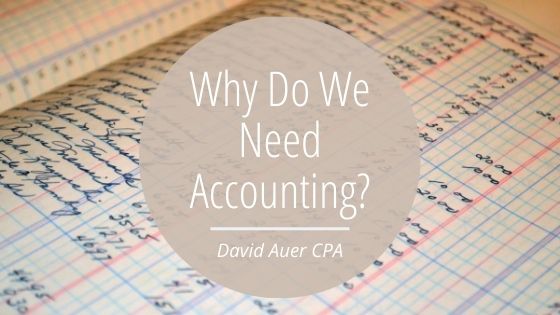What’s the point of accounting? If you ask an accountant that question, they may look at you like you’ve grown two heads. The real question should be, why wouldn’t we need accounting? It’s the backbone of our businesses and finances, the reason we were able to develop trade and commerce centuries ago. Without accounting, we wouldn’t have the global market that we do today.
Where does it come from?
The first accounting records dates back to 1494, in Italy, by a Venetian monk. As an organized record-keeping method, the way we do accounting isn’t very different from how it was done over 500 years ago. Assets, liabilities, and income have all stayed relatively the same, albeit in different fashions, but the need to reconcile these factors (and how to functionally do such a thing) has barely changed. While the necessity of accounting remains the same, the process of doing so has evolved thanks to technology development.
Computers have made bookkeeping easier than ever before, taking away the repetitiveness that fell upon the clerks. No matter how it’s achieved—by traditional method or using computers—the end result is the same: accounting shows us the company’s finances and lets the company make business and financial decisions based on both the current state of the company and its projected future.
The types of accounting
Accounting is made up of two different sections: financial accounting and managerial accounting.
- Financial accounting is based around information that companies make available to the public: stockholders, creditors, customers, and so on.
- Managerial accounting centers around financial information that is not available to the public. This includes salaries, the cost of goods and services, profit targets, etc. Information from managerial accountants is used by department heads, division managers, and supervisors to make decisions for their business’s day-to-day operations.
Accountability in the business world
Accountants are the collective consciousness in the business world. It’s easy to be suckered into fraud, greed, theft, and dishonesty when running a business—just look at Martha Stewart. Specialized areas of accounting, when done correctly, eliminate the possibility of fraud, and audits and business income enforce businesses to be held accountable for all of their income, transactions, and transfers so that they can pay their taxes correctly.

